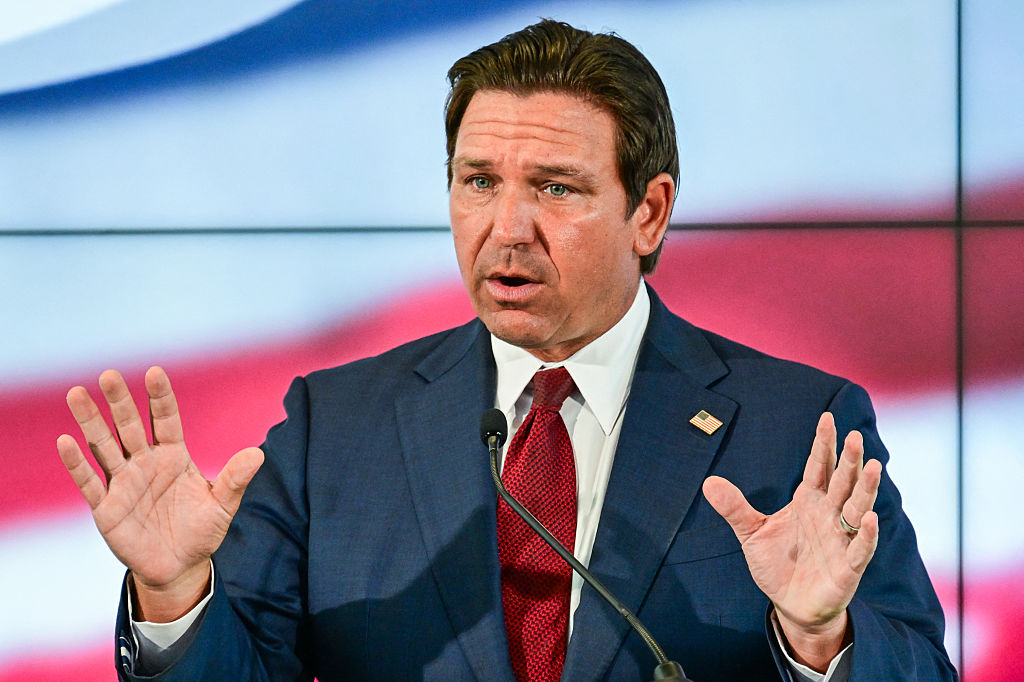Florida Governor Orders Halt to H-1B Hiring at State Universities, Fuels National Immigration Debate
A state-level directive to end H-1B hiring at Florida universities intensifies the national debate on skilled immigration and workforce policy.
Subscribe to our newsletter and stay informed about latest H1B news, policy updates and and other developments.
Article Summary
Florida Governor Ron DeSantis has ordered state universities to cease hiring foreign workers under the H-1B visa program, a directive impacting nearly 400 foreign nationals. This move aligns with proposed federal H-1B reforms, including a significant fee increase announced by President Trump. The policy has sparked debate, with faculty representatives citing a shortage of qualified American candidates in STEM fields, while state officials support prioritizing American graduates.
Original Article: ibtimes.com
[ Sentiment: negative | Tone: factual ]
This summary and analysis were generated by TheNewsPublisher's editorial AI. This content is for informational purposes only; it does not constitute legal or immigration advice.
[ Sentiment: negative | Tone: factual ]
This summary and analysis were generated by TheNewsPublisher's editorial AI. This content is for informational purposes only; it does not constitute legal or immigration advice.
TNP AI: Key Insights
This directive from Florida's Governor DeSantis signifies a notable shift in state-level immigration policy, directly impacting H-1B visa holders and academic institutions. For skilled professionals, it introduces uncertainty regarding employment opportunities in Florida's public university system, potentially limiting career pathways, especially for those in STEM fields where universities often rely on international talent.
For employers, particularly Florida's universities, this policy complicates talent acquisition, challenging their ability to fill specialized roles and potentially hindering research and educational programs. The move also aligns with a broader national discourse on H-1B reform, as evidenced by the Trump administration's proposed substantial fee increase effective September 21, 2025, indicating a trend toward more restrictive H-1B policies and raising the stakes for future federal actions.





